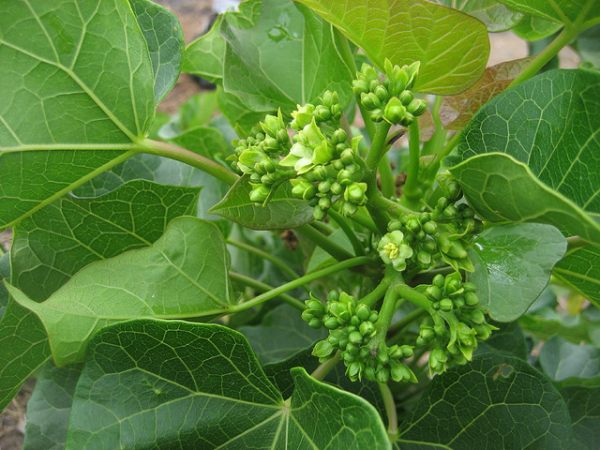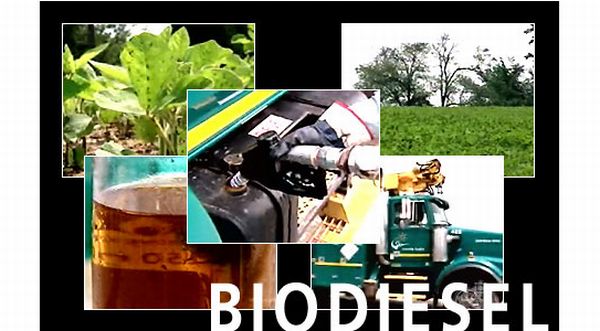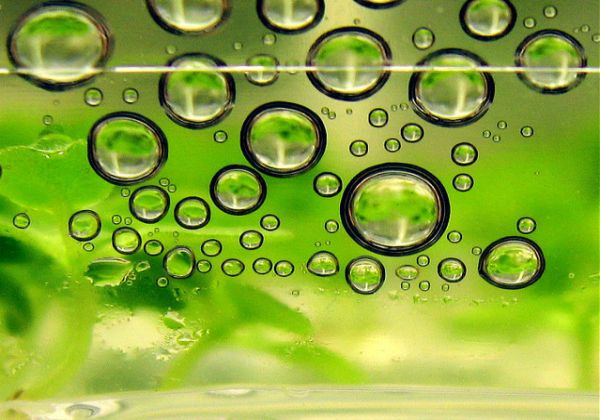
Unbelievable but true! One liter of waste cooking oil can contaminate as much as one million liter of water. So, to reduce this fear and to use the cooking oil to the fullest, it can now be recycled and used to produce soap and biodiesel. Once we pour the oil in our vessel, the trash is subjected to throw either in dustbins or drain. But nobody knows this is not only clogging the sewerage and creating wreck havoc on local drains but also affecting wildlife some other way. If you are willing to know about recycling of cooking oil please continue reading this article.
In Kilmarnock, Scotland and some other countries, the government has taken a good unique initiative wherein you can now pay for your bus fare by taking used oil to a recycling plant. This will not only help the denizens to play vital role in environment conservation but also keeps encouraging the proper recycling process.
1. How it works
According to chemical scientists, “Cooking oil is purified fat of plant origin. It is usually found in liquid form at room temperature.”
Proper disposal of used cooking oil is an important waste management concern. It hinders the oxygenation of water as oil is always lighter than water tends to spread into thin and broad membranes.
2. Recycling or Transesterification
The chemical process under which cooking oil and kitchen grease goes for recycling is called Transesterification. Later it is converted into biodiesel. It is suggested to not to straight pour cooking oil into gas tank. Scientists have also been doing a lot of research to create some filters to control its evil effects.
3. Choose not to dump in sink
Cooking oil should never be dumped into kitchen sink or in toilet bowl. The proper way to dispose of oil is to put it in a sealed non recyclable contained and discard it with regular garbage. Placing the container of oil in the refrigerator to harden also makes disposal easier and less messy.
4. Plumbing clogs sewer
First and foremost reason for stooped up sewer pipes is excessive release of cooking oil and kitchen grease. Grease sticks to pipes and it badly chokes the sewerage and disrupted proper sewage flow. One should always keep in mind that it is not a temporary clogging but it is also somewhere affecting our ecology.
5. Can’t mix with motor oil
It seems when oil is recycled, be it cooking oil or motor oil, it can be mixed further. But, it is not more than a misconception. You can recycle them separately but never mix recycled cooking oil and motor oil. They are different in nature and substances go through different recycling process and important thing is you will be disabled to extract them again.
Use cold water
Sometimes it becomes very difficult the kitchen grease to go down the drain. If it is small in amount or little more than that one should immediately shower cold water on it so that it solidifies and the possibilities of sticking in the pipeline decreases. Or else it can cause water contamination and obstruct smooth flow.
Drop off points
Some specific drop off points to dump cooking oil waste should be made at different points to avoid its disadvantages. Private agencies and some local communities should seriously think over recycling of cooking oil as how it can be provoked. Place it in front position and label it so that everyone can easily access it at home.
Key points:
Cooking oil may produce biodiesel if not disposed properly. As far as a lay man knows the cooking oil is used in the kitchen to cook the food, and if dieticians are to be believed, the cooking oil and grease harm one’s health too. But, don’t get surprised to know that improper disposal of the fats from our cooking oil can degrade our environment also.
If you are somewhere damaging environment or causing ecological imbalance, it amounts to felony of different acts of environment protection and wildlife conservation. To safeguard our surroundings, there are various acts which have been made across most of the countries. Some of those common in almost many countries are:
- Environment Protection Act
- Water Prevention and Control of Pollution Act
- Air Prevention and Control of Pollution Act
- Wild Life Act
- Forest Conservation Act




